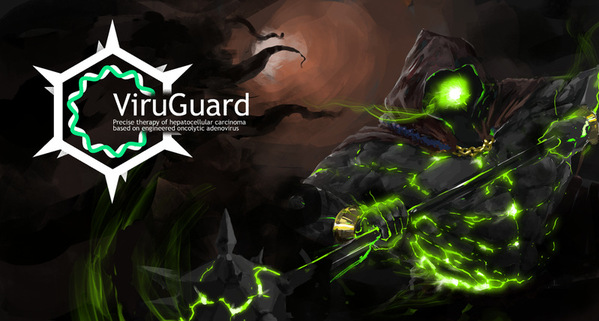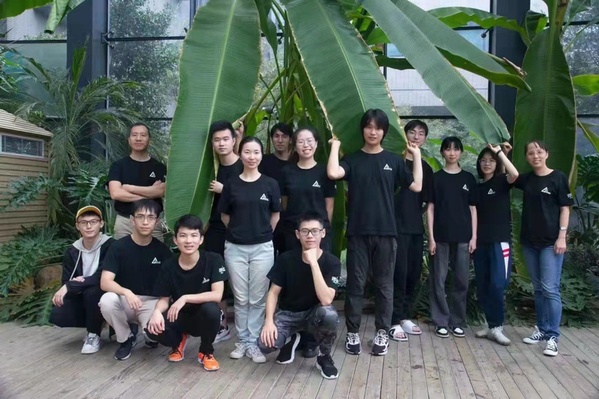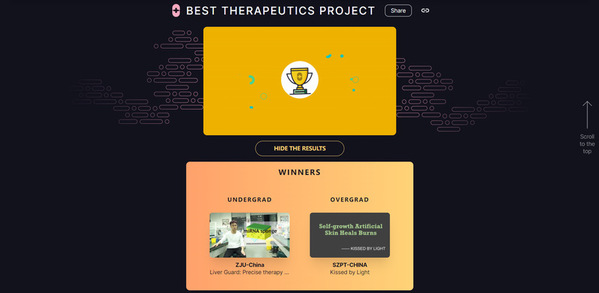ZJU in top ten at the 2021 iGEM competition and clinches gold medal
On November 14, team ZJU-China, with its project named ViruGuard, won a gold medal from the 2021 International Genetically Engineered Machine (iGEM) Competition, ranking in the top ten for the first time. This is the ninth gold secured by the ZJU team since its participation in 2010.

Mentored by Professor CHEN Ming and Associate Professor YANG Fan of the College of Life Sciences, the 13-membered team is multidisciplinary, comprised of undergraduates from 5 colleges: College of Life Sciences, Chu Kochen Honors College, College of Agriculture and Biotechnology, School of Medicine, and School of Mathematical Sciences.

“Since the very beginning, we have aimed to find a better solution to a nationwide—even worldwide—public health problem, hepatic cancer,” said WU Haoran, the team leader. “Traditional treatments including surgery radiotherapy and chemotherapy are not satisfying due to their side effects. Therefore, inspired by the traditional Chinese concept of ‘counteracting one toxin with another’, we were determined to develop a new type of oncolytic virus for treatment.” After 9 months of assiduous trial and error, the team managed to tame a virulent virus into a faithful guard with the help of RNA interference. With several safety designs, the modified oncolytic virus kills tumor cells without causing possible virulence to normal cells.

With the ingenious idea and solid work, the team fought its way into the final, also earning themselves the Best New Basic Part, the Best Software Tool, the Best Safety & Security Award as well as the Best Therapeutics Project, the first-ever award for ZJU in this competition. With the resounding success in the competition, the team wished to go even further. “We compiled a user manual, which elaborated the exact way how patients and doctors can use it,” said Haoran. “We hope that ViruGuard can one day come into the market and really benefit the patients who suffer from hepatic cancer on this planet.”
As an annual, worldwide synthetic biology event mainly for undergraduates, the iGEM Competition allows students to push the boundaries of synthetic biology by tackling real-world issues. Multidisciplinary teams are encouraged to design, build, test, and measure a system of their own make using interchangeable biological parts and standard molecular biology techniques. This year’s competition attracted over 350 teams from universities and schools across the world, equating to approximately 5000 students.
Writer: CAI Zhengwu
Editor: TIAN Minjie